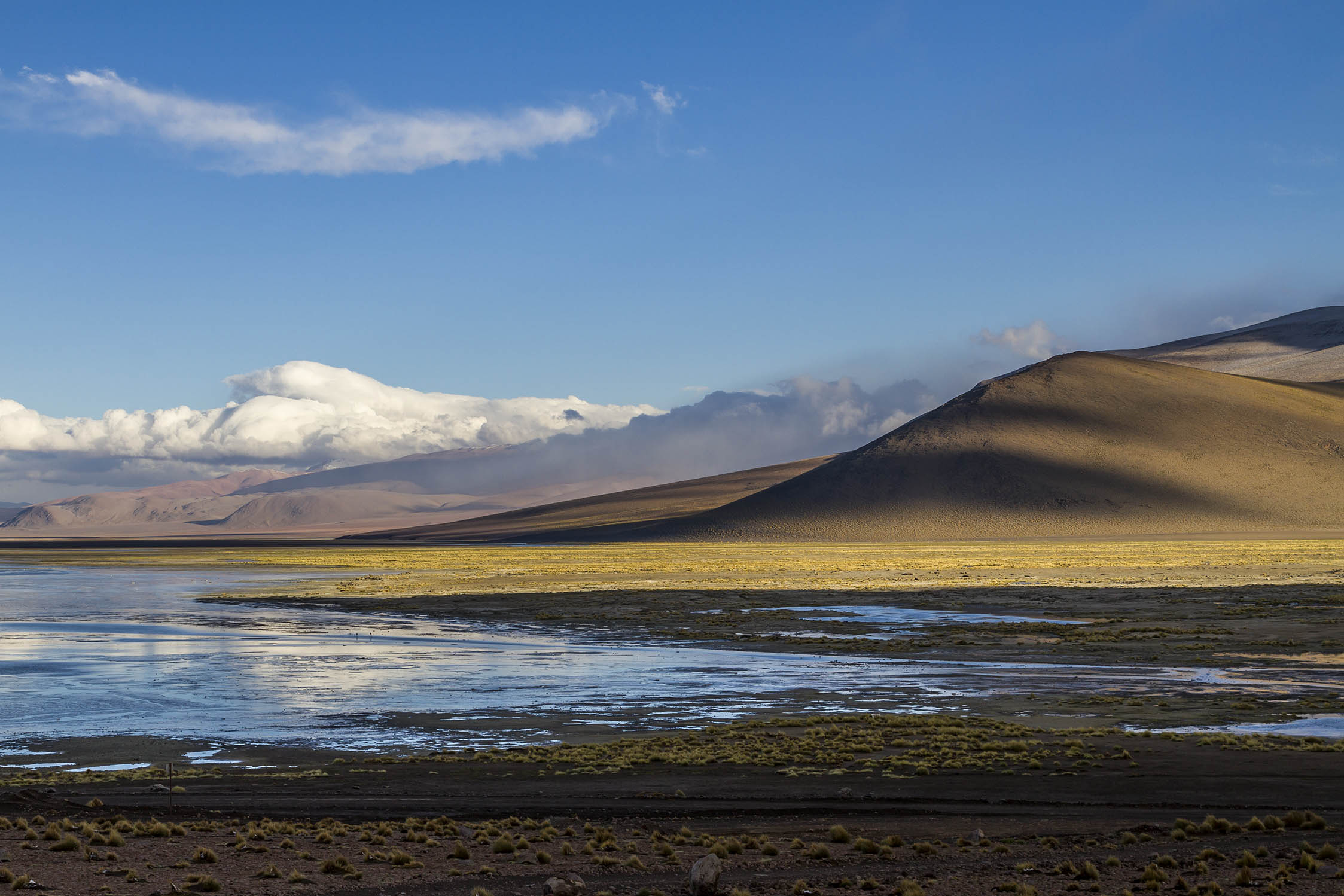Forced into mindfulness or lessons learnt from living on thin air.
When you find yourself at 4,000m above sea level, you suddenly notice air. Or rather, the lack of it. The most common movement turns into an epic effort and by the time you make it to the first floor you feel your heartbeat drumming in the most unexpected places of your body. It takes up to six weeks for your system to produce those extra red blood cells to carry enough oxygen but no matter the amount of geeky details you research, little will prevent you from feeling 40 years older besides maybe chewing on coca leaves like a maniac. So, in this state of coked-up stupor, we contemplated upon the transcendental meaning of being forced into slow living.
We are so used to hurrying around, so fixated on the `time is money´ maxim that anything other than being productive can only mean you’re wasting time, and it takes real mental effort to take a pause, do things slowly while paying close attention to the simplest things such as walking, or talking, or breathing without running out of air, especially if you’re trying to do them all at once. Bad idea. The Altiplano quickly reminds you that you’re rushing, that you’re not focusing. Nature in its wisdom tells you that you’ve forgotten to simply enjoy climbing up the hill and that you miss out on life when all you’re thinking about is reaching the top, or the weekend, or the holidays...
But at high altitude, being so used to thinking ahead means you fail at the simplest things. Over and over. And since there’s no better lesson than failing, soon you realise it is not worth focusing on anything but the present moment, because everything else will make your heart sink. The same heart you feel pounding in your ears. A masterclass in mindfulness by means of exhaustion, where simply knowing there is a top (and there is always one) is enough. So you take the Shaolin monk practice and concentrate on your next step only, and the next breath, and another step… without ever looking beyond here and now. These new steps, small and regular, make your body begin to work like clockwork where progress is slow -but determined- and a new rhythm is found.
When you are listening, if your body tells you to take a break, you pause and breath and give whatever time it needs to recover, without judging or doubting yourself for having stopped. It seems that we’ve forgotten that it’s OK to stop when we need to or -since many perceive it a sign of weakness- we don’t even consider it as an option. But pausing is an act of wisdom, which makes us wonder why don’t we do it more often in our daily lives. If we took our time to stop, rest and reflect, maybe we wouldn’t be so exhausted and constantly gasping for air. And maybe, if we were able to pay more attention, focus on the now plan carefully our next step instead of rushing to the final destination, we wouldn’t become so overwhelmed and frustrated and could enjoy actually living in the present. After all, as there is one place we are all unquestionably heading, we can’t help but asking ourselves: Are we really in such a hurry?
JOIN THE KENSHO LIFE
Sign up to our newsletter to receive our latest news, articles and resources.

